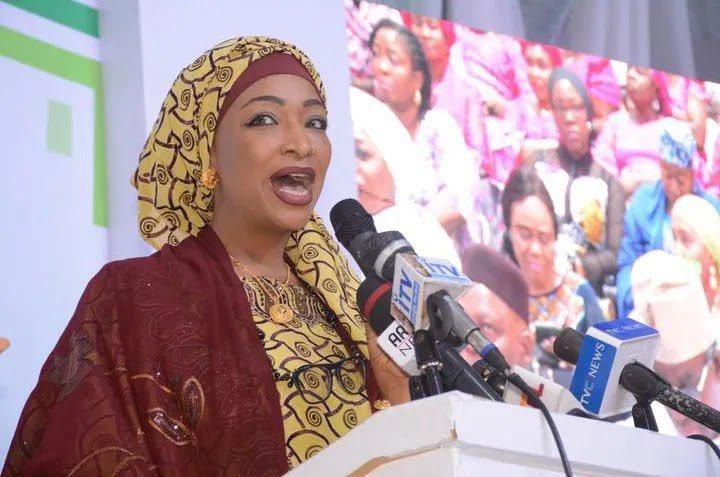The Federal Government of Nigeria has committed to implementing a plan to generate $100 billion from the country’s creative economy. The statement, delivered by Hannatu Musawa, Minister of Arts, Culture, Tourism and Creative Economy, demonstrates the authorities’ commitment to creating and sustaining two million jobs in the sector.
Launching a project to promote evidence-based policies to support policy development to enhance the contribution of the creative sectors and industries to sustainable development in Abuja, the Minister highlighted the importance of the cultural, creative and tourism sectors in the national economy, describing them as significant players in the country’s development.
The project, supported by the European Union (EU) and the United Nations Educational, Scientific and Cultural Organization (UNESCO), aims to strengthen policy and regulatory frameworks for the development of the creative sectors.
Building on President Bola Tinubu’s priority number 7, titled “Accelerating Diversification through Industrialization, Digitalization, Creative Arts, Manufacturing and Innovation,” the Minister underscored the government’s commitment to driving the growth of the sector through key initiatives.
Key aspects of this agenda include the development of policies and regulatory frameworks to advance the relevant sectors, with the creation, review and launch of three separate policies in one year, namely the National Intellectual Property Policy and Strategy (NIPPS); the National Cultural Policy and the National Tourism Policy.
These policy frameworks are aimed at supporting the relevant industries by aligning objectives, establishing appropriate regulations and providing adequate government support for the sector.
The Minister reiterated President Tinubu’s commitment to sustainable partnerships and national development, emphasizing the need to create an enabling business environment, public interest and investment attractiveness in the cultural, creative and tourism sectors of the economy.
As for Abdourahamane Diallo, Head of UNESCO Office in Abuja, he stressed that the EU-UNESCO project was an initiative aimed at supporting the government in developing frameworks for the cultural sectors, with a focus on culture, cultural policy and capacity building of state actors and agencies in this area.
Ultimately, this project aims to foster international cooperation in the field of culture and cultural policy, thus demonstrating the commitment of the authorities to boosting Nigeria’s creative economy and promoting sustainable development through these key sectors.

